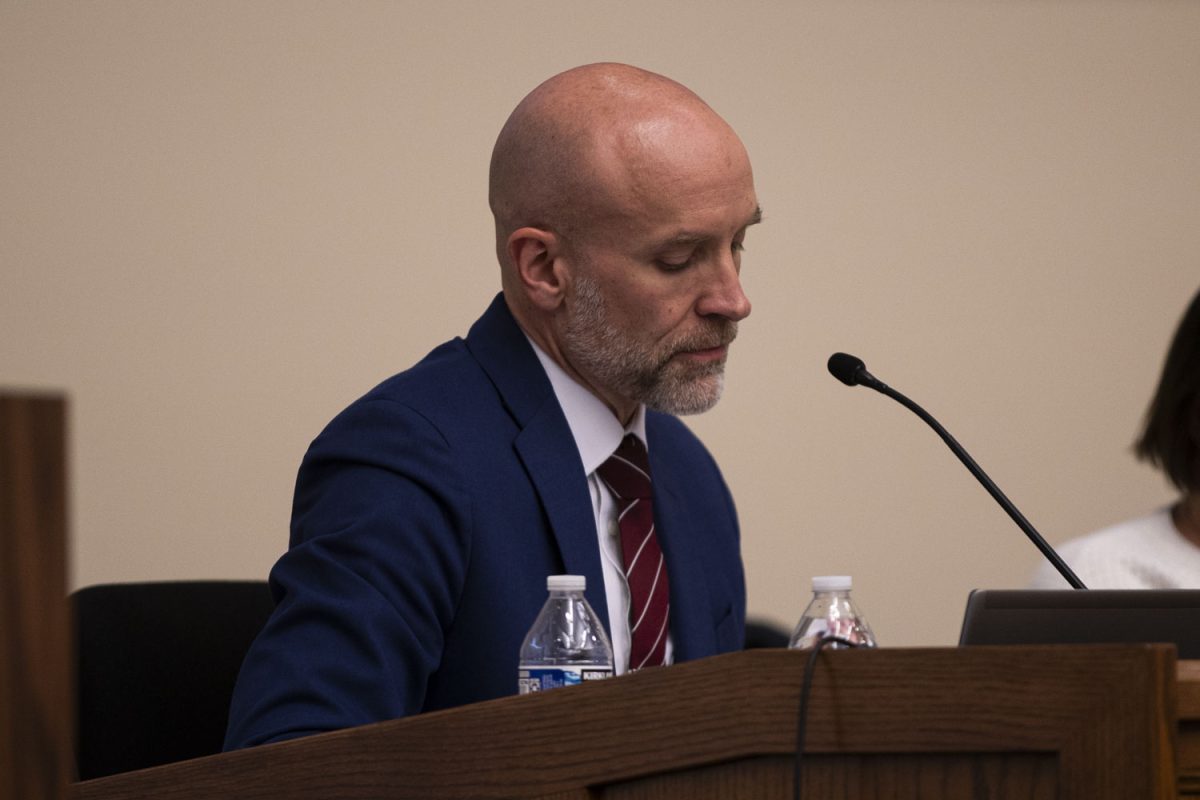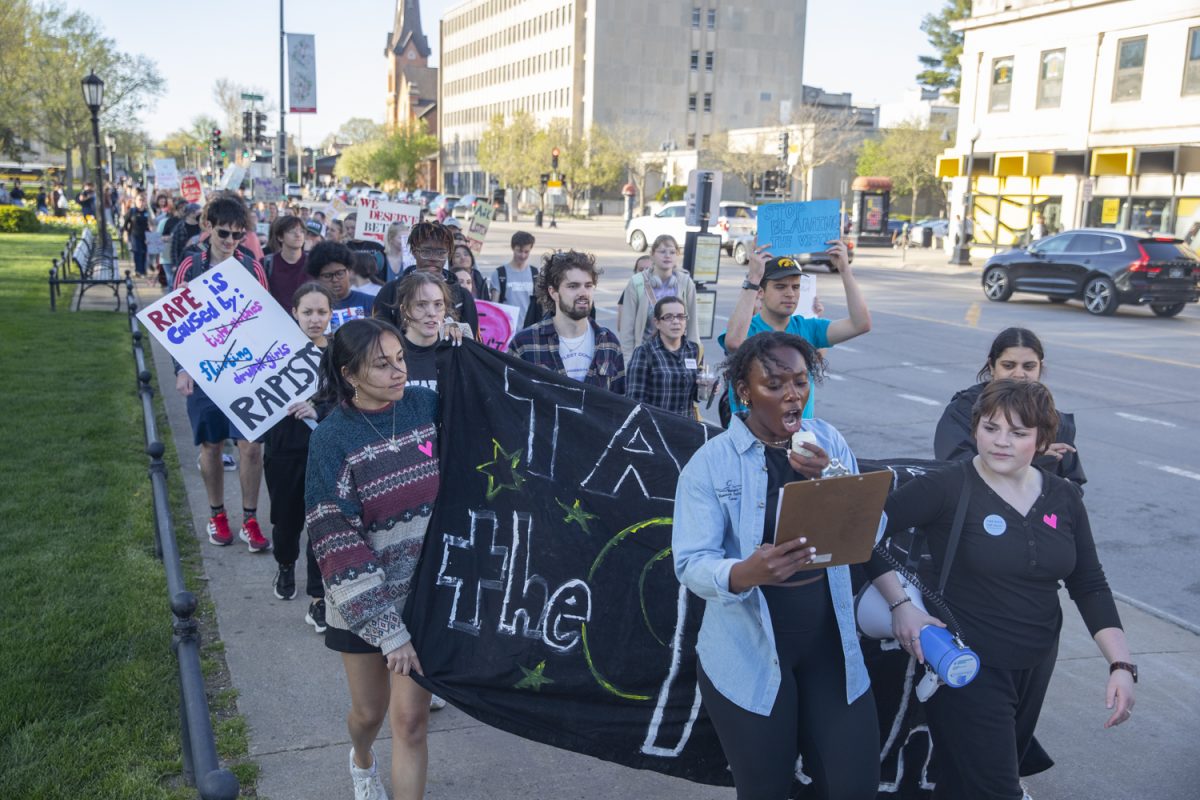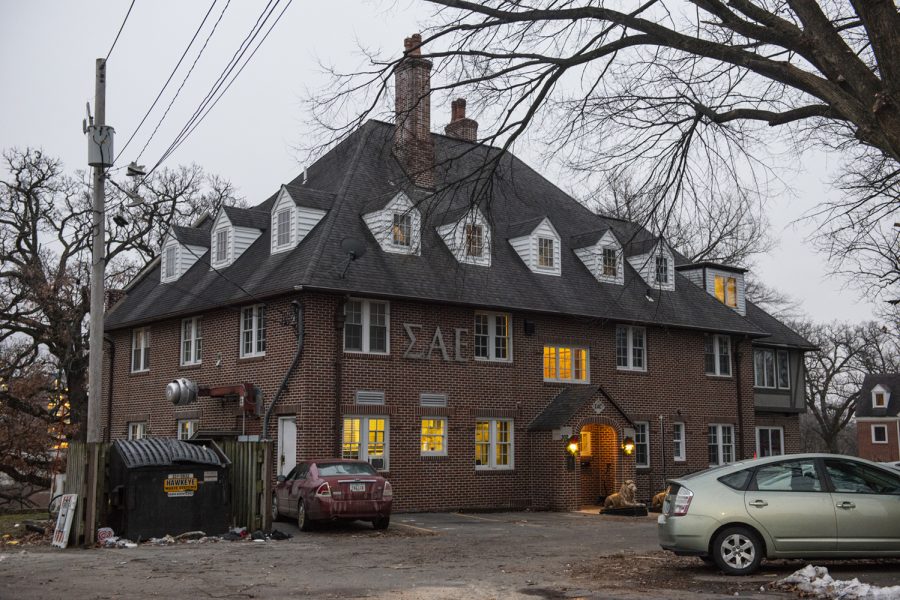Members of an ad-hoc Diversity Committee presented the results of their findings to the Iowa City City Council on Tuesday, and councilors said the issues they addressed would not be relegated to the back burner.
The City Council created the Diversity Committee last year to specifically examine law enforcement and transit operations. The committee released a report recommending changes for the city in March.
“You have provided an invaluable service to the city,” Iowa City Mayor Matt Hayek said. “To sit on that committee and try to jump into an issue the City Council asks to be examined without a lot of direction … is a very difficult thing to do.”
The council established the committee in June 2012 with a goal to “study city operations as they relate to minority populations with a view toward promoting just and harmonious interaction between local government and minority segments of the community.”
The resolution passed with the provision that the Diversity Committee would dissolve on March 10 following its report, unless the council took further action.
Cindy Roberts, the vice head of the committee, said there were recurring topics on transit services that came up in their discussions with community members, including education, the environment of buses and stops, and the scheduling of buses.
In particular, Roberts said, the issue of Sunday service for public transportation came up more than any other matter.
In response to a question from City Councilor Susan Mims about the use of public transportation for religious services, Roberts said the reasons behind the use of buses were varied.
“[Religious services] are part of it, but there’s also the realities of employment, and perhaps they would have the opportunity for employment if some type of service was available on Sundays,” she said.
Ultimately, Roberts said, the city should evolve its transportation services as the demographics of the city change.
“All of us as a community need to be mindful that we have a growing segment of our population whose use of transit services may be their sole way of getting around,” she said.
The Diversity Committee also focused on the relationship between the police and the community in Iowa City.
Committee member Orville Townsend Sr. said the information available to citizens, as well as the relationship between the community and law enforcement, was lacking.
“Citizens feel they’re being harassed by law enforcement, and they didn’t know very much about their options,” he said. “Lots of them felt they wouldn’t get a good outcome from the Police Citizens Review Board, and they felt the board was policing itself.”
The committee made several recommendations to the city on the law enforcement including increasing awareness of the Police Citizens’ Review Board with distribution of literature and videos through city channels, as well as changing the structure of the board. Finally, the committee recommends changing the name to the Citizens’ Police Review Board.
One member of the committee urged the council not to ignore the issues raised by the report.
“These problems are not going to disappear,” committee member Joe Coulter said. “They’re going to require constant work.”
The councilors thanked the committee members and assured them that the recommendations made in their report would be acted on one way or another after city staff evaluations.
City Manager Tom Markus said city staff would determine what recommendations the city could implement and would bring back resolutions for the council to act on around May or June.
Councilors seemed open to the idea of another committee to address additional city issues beyond transportation and law enforcement.
“As we sit up here, we’re very cognizant of the fact that those aren’t the only two issues,” Mims said. “We have to adjust and change as a lot of the factors in our community change. I could see us having another ad-hoc committee in six months.”






